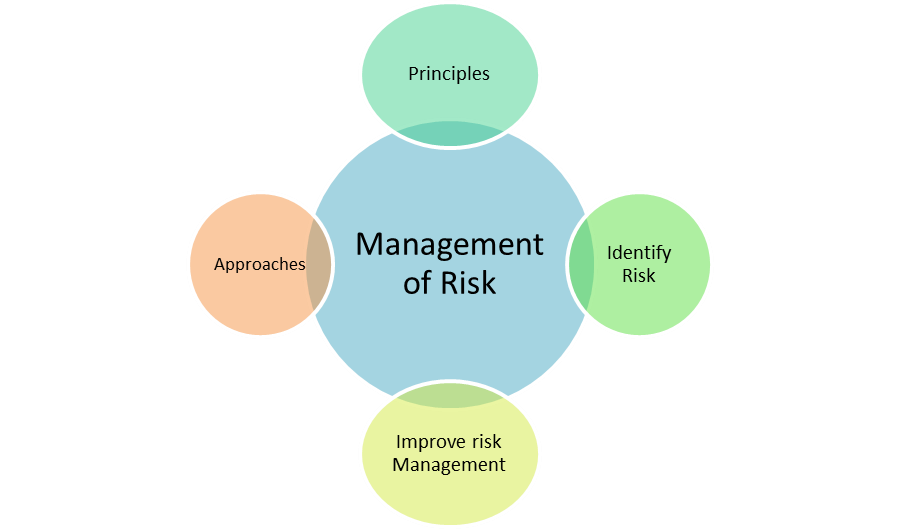Course Content
An Introduction to Risk Management
- Project and Programme Management
- Risk Management and Corporate Governance
- MoR Principles
- MoR Perspectives
- Strategic Risk
- Programme Risk
- Project Risk
- Operational Risk
- MoR Techniques
- MoR Approach
- Roles and Responsibilities
- MoR Process
- Identify
- Assess and Plan
- Implement and Communicate
- Embed and Review
MoR Principles
- Aligns with objectives
- Fits the context
- Engages sponsors
- Offers clear guidance
- Updates decision making
- Facilitates continual improvement
- Creates a supportive culture
- Achieves measurable value
MoR Approach
- Risk Management Policy
- Process Guide
- Strategies
- Risk Improvement Plan
- Issue Register
- Risk Reports
- Risk Response Plan
- Risk Register
- Risk Communication Plan
MoR Perspectives
- Strategic
- Operational
- Programme
- Project
Embedding and Reviewing MoR
- Embedding the principles
- Overcoming typical process barriers
- Identifying and establishing opportunities for change
- Health check
- Risk management adulthood model
- Modify the culture for risk management
- Measuring the value of risk management

 ENQUIRE
ENQUIRE
 REQUEST CALLBACK
REQUEST CALLBACK
 GET A FREE QUOTE
GET A FREE QUOTE


 Introduction
Introduction Course Details
Course Details Course Content
Course Content






 London
London